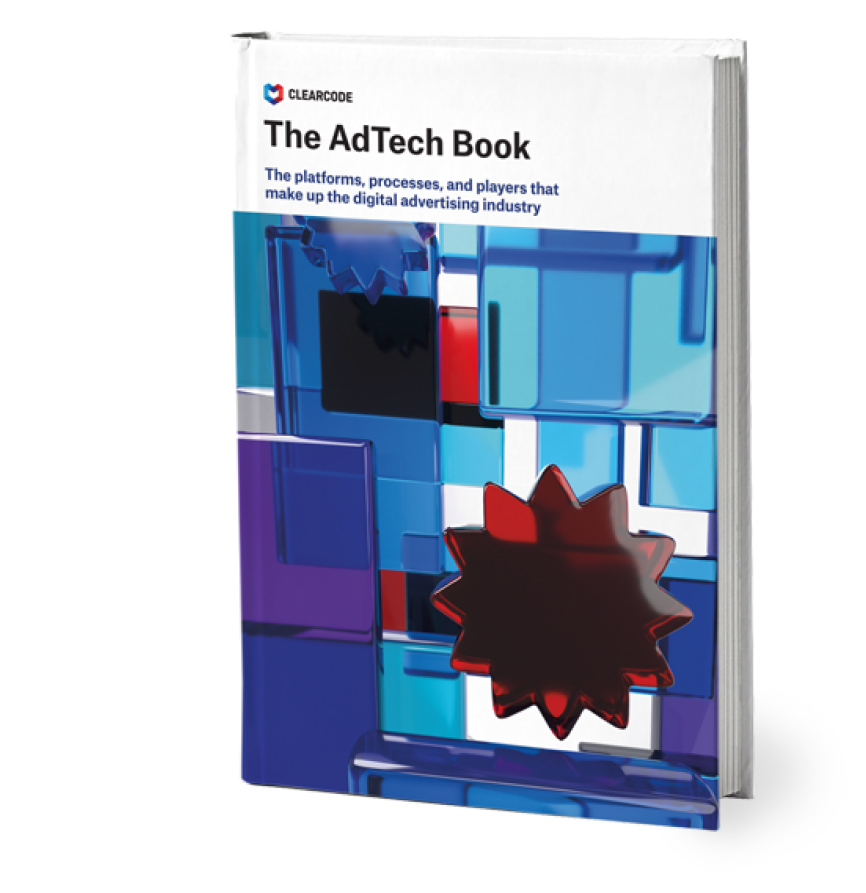While examples of influencer marketing can be traced back to the 1920s, the social media variant of influencer marketing that we all know today is under two decades old, and in that short period of time it has grown significantly in many areas.
Below are some figures that highlight the growth of influencer marketing:
- 57% of marketers are set to increase their influencer marketing budgets in 2020.
- Influencer marketing is predicted to be a $5 to $10 billion industry in 2020.
- 93% of marketers surveyed use influencer marketing.
But just like with all high-growth areas of marketing, influencer marketing is experiencing some serious growing pains.
While some growing pains are business challenges, there are many technological challenges facing influencer marketing vendors.
The Main Technological Challenges Facing Influencer Marketing Platforms
1. Influencer Fraud
Some stats you should know:
- According to the 2019 Influencer Marketing Survey by Mediakix, 50% of marketers cited fake followers as their main challenge.
- Analysis from Points North Group found that one large cosmetics brand spent $600,000 on impressions that were not seen or seen by fake followers.
Influencer fraud generally relates to fake influencers and fake followers.
Fake influencers are social media users who give the impression they are real influencers by using stock photos and fake followers. Although there is usually a real person behind the account, everything else about the account is fake.
Fake followers are used by both fake influencers and normal influencers to boost the size of their audience. Some brands will only work with influencers with a certain number of followers, so by artificially inflating this number, genuine influencers can secure more lucrative deals.
Just like with fraud in the display advertising industry, influencer fraud causes distrust among brands and leads to them spending less on influencer marketing campaigns. This impacts all players in the industry.
As the influencer marketing industry grows, the vendors that will receive the lion’s share of brand dollars will be the ones that can provide them with certain guarantees that their campaigns will be promoted by real influencers and shown to real people.
2. Measuring ROI
Some stats you should know:
- According to a survey conducted by MediaKix, measuring and improving ROI is the biggest issue brands have when working with influencers.
- Nearly 90% of all influencer campaigns include Instagram as part of the marketing mix according to research by Influencer Marketing Hub.
Unlike other digital marketing channels like display advertising and paid search that do a reasonably good job of measuring the performance of campaigns, influencer marketing is facing strong headwinds with proving a return on investment (ROI) for brands and advertisers.
There are a couple of reasons for this.
Firstly, one of the main goals of many influencer marketing campaigns is brand awareness, which is always hard to measure.
Secondly, there are some technical limitations at play that negatively impact campaign measurement. For example, you can’t add clickable links to Instagram posts, meaning no click-through attribution.
If an influencer does include some sort of link or short URL, then the user would have to manually copy it and paste it into a browser, but with no referrer information being passed, the brand’s analytics software will attribute this as a direct visit instead of a visit from an influencer.
Campaign data is also impacted on other social media platforms as referrer information is lost when people click on links inside mobile apps that direct them to web pages in browsers.
Also, many users will simply search for the brand on Google after being exposed to an ad, which again will result in the wrong channel being given credit for the visit and conversion.
To solve this problem, influencer marketing vendors can build measurement solutions akin to those used in TV and radio, such as time-based attribution models.
3. Campaign Automation
Some stats you should know:
- 72% of marketers believe that influencer marketing can be automated (MediaKix).
- 67% of marketers said that finding the right influencers is an issue when working with influencers (MediaKix).
There are many time-consuming and manual processes involved in setting up an influencer marketing campaign that can be automated.
Some of the main ones include:
- Finding the right (and genuine) influencers.
- Communicating with influencers.
- Managing contracts.
- Handling payments.
Influencer marketing vendors are in a good position to solve many of these changes by building new features that automate these time-consuming and manual tasks.
Opportunities for Influencer Marketing Vendors
The opportunities for influencer marketing vendors revolve around solving the problems in their control, mainly the technological challenges listed above.
Influencer marketing vendors are tech companies after all.
Another big opportunity for vendors is using technological innovation as a point of differentiation.
The advertising technology (AdTech) and marketing technology (MarTech) industries has seen a stream of new vendors come on the scene, but most lack a clear point of differentiation.
The ones that stand out from the crowd and attract new clients are the ones that differentiate themselves from the competition the best. By building innovative tech and features that solve the main challenges for brands and influencers, vendors are in a good position to take more market share.
The influencer marketing industry is no different than any other emerging industry; the successful vendors will be the ones that spot the opportunities and capitalize on them.
This article was originally published on Marketing Toolbox





